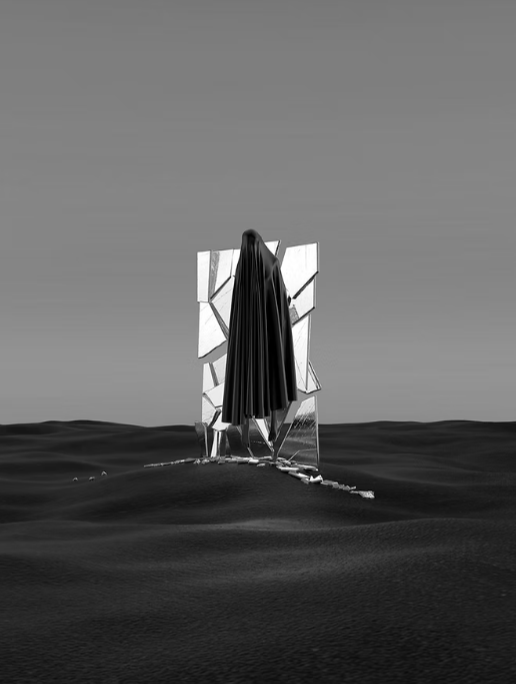The Final Frontier
Humankind has always been obsessed with exploring the physical world — blank spots on the map, the highest mountain peaks, and the deepest parts of the oceans. From life-improving technologies for home and industry to groundbreaking medical research on our own bodies, we constantly push the boundaries of what is known. And, perhaps most famously, we dream of reaching what we believe to be the final frontier: space. All of this is fundamentally good and deeply ingrained in our nature.
Yet the true final frontier is not “out there” at all, but within — and through — ourselves. Not in flesh, bone, or cells, and not even in the brain. The real mystery is consciousness itself, the only lens through which anything can be seen or understood. Instead of embracing this challenge, many attempt to shrink it down or explain it away. As Carl Gustav Jung observed: once we sought to understand everything through “spirit”; now we try to explain everything through matter, banishing the former to the realm of the “unscientific.”
Psychedelic substances offer unparalleled insight into consciousness — or “spirit” — and reveal how it interweaves with the body and the rest of the material world. To journey as deeply and curiously as possible into these inner realms: that is the real quest.

Fear holds us back
Unfortunately, humanity is not driven by curiosity alone. An even stronger force is fear: what is unknown to us — death, annihilation and the great void. But we also fear what we know best: each other. And that fear runs deep because we know all too well the risks. We are dissapointingly ready to crush each other for speaking outside the norm, or for challenging what is claimed to be the laws of God.
Fear is also inherent to any system built by humans. Healthcare being no eception. Fear of mistakes may naturally be a good thing, as it can prevent us from performing unverified procedures on unknowing patients.
Sadly, the same fear also prevents much-needed progress and systems critique. Fear of ostracism, togehter with misguided loyalty fuels the well known phenomenon that «science advances one funeral at a time». This partly explains the delays in implementing psychedelic therapy in ordinary psychiatric practice.
A standing invitation
At a deeper level there is an even greater fear. The classic psychedelic substances are simply not only «medicines» or therapeutic tools. They are something else entirely. In the broadest sense they are portals to realms that usually remain invisible and unknown to us.
Under their influence we transcend the limits of our ordinary abilities, and for a few hours we may get closer to reality as God would see it, beyond human concepts and constructions. This is both brutal and beautiful, and also ungraspable in ordinary language. Hence, the ordinary man is easily scared by the thought of these things.
Still, the invitation has been made. These substances undeniably exist, and it is up to us how to use them. That is easier said than done in a culture obsessed with the outer, material world. When we venture to distant shores, descend into the ocean depths, or set our sights on alien galaxies — exciting as it may be — we know how to navigate these conditions. We have our tools, our weapons, our technology. And the physical laws remain constant. Facing our fears and narrowmindedness when we venture inwards, that is a totally different game. But the rewards from such an undertaking is beyond any treasure we may find in the ground or on the ocean floor.

